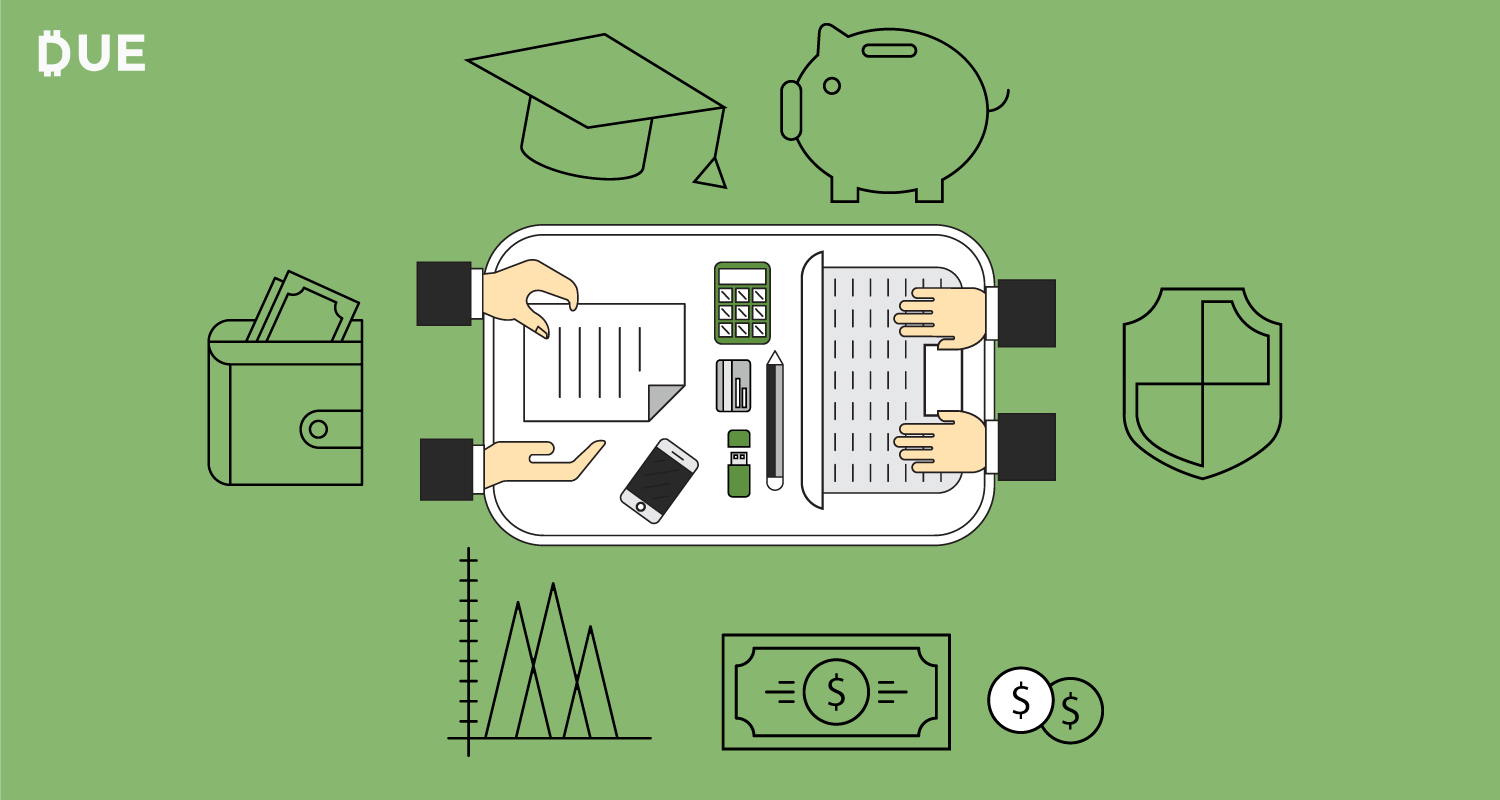Your own experience with personal finance dates all the way back to earning your very first dollar from your neighborhood lemonade stand. Now, you own a Fortune 500 company with over a thousand employees. Yes, the balance sheets probably look a bit different than the one from your lemonade business, but there are a few fundamentals that have stuck with you over the years.
The point i’m making is that no matter how big or small your organization is there are a few personal finance fundamentals that you need to follow if you want to make it out on top.
Table of Contents
ToggleBudgeting
Every business has different needs. Some may need to spend more on infrastructure in order to become profitable, other businesses may rely on natural growth and user adoption before they can spend a dime. Therefore, there’s no single way to set a budget. For starters, here are a few strategies you should definitely follow when creating a budget.
- Project expenses month to month: Be very meticulous when making our projections. Try to cover every possible expense item and potential revenue stream.
- Keep track of spending/earning: Keep very detailed track of your spending habits, as well as your cash flow. Compare this data to your projections so you can make more accurate predictions in the future.
- Use a database: Whether you have data analysts in house or you’re using third party software, make sure you are storing and analyzing all of your data. Remember, the numbers don’t lie, this data can be leveraged to potentially attract more team members or even raise capital.
Budgeting is a skill you can apply to many aspects of business. Imagine if your projections became so refined that they were nearly completely accurate. The more detail oriented you are, the more accurate your budgeting will be.
Contingency Planning
Even if you’ve become the master of budgeting and haven’t made a wrong prediction in years, there are still factors out of your control that you may not be able to predict. Because of this, it’s imperative to have a back-up or emergency fund.
Since banking is moving towards an online environment it would be smart to set up an ebank account for your emergency fund. Since you’ll have full online access to your account, you can easily deposit and withdraw funds on the go from any location. Once you have your emergency fund set up, you’ll want to start put some money away. According to Money Crashers, here are a few ways to boost your emergency fund:
- Keep detailed books: The better you understand your spending habits, the more you can anticipate what to save at the end of the month.
- Separate the must haves from the “nice to haves”: Only spend money on what you need in order to scale your business.
- Use the Lean Startup Methodology.
- Get an MVP to market using the least amount of time and resources possible.
- Accessibility: Move away from paper transactions and towards electronic payments. Whether you need to access an invoice from three months ago, or employee payroll from last year, it’s much more accessible in an online environment. Choose an online payment platform that fits the needs of your business and make the change.
Don’t Forget to Pay Yourself
Many start-ups think its necessary to forgo a salary. While this carries some truth, it needs to be taken in context. Sure, in the first few months of your companies conception its generally okay to defer a salary. In the end of the day, you can’t pay yourself with revenue or funding that you don’t have. However, as soon as you start to generate some revenue you should set aside a salary for yourself.
In the beginning it won’t be much, but it’s important to get this started from the get go. By no means am I saying you should pay yourself at the expense of your company, but it you’re building a company that can’t afford to pay you or is taking too long to generate revenue, then you may want to rethink your business model.
The longer you take to put a “value” on yourself, the less viable your business becomes to investors and the market. Start by covering your basic living expenses, then you can slowly increase it over time as you scale your business. This is a good practice to implement from the beginning, because if you fail to earn a personal income from your company, you won’t be in business for very long.
Insurance
Business is very unpredictable. While most aspects are in your control, there are plenty of liabilities and or catastrophic events that could potentially pull the plug on your entire operation. To protect yourself from these kinds of incidents it’s a good idea to look into various insurance policies.
These policies may get a bit pricey, but in the end of the day its worth paying in the event of a lawsuit or worse. Here are a few policies to take note of:
- Professional liability insurance: Protects you from negligent or other false claims.
- Property insurance: Protects your equipment and infrastructure.
- Product liability insurance: Protects you from claims that accuse your products of being unsafe.
When choosing a insurance policy, you’ll probably want to consult with an insurance agent to get the best solution for your specific business. Remember, you’re better off safe then sorry, so it’s definitely worth spending the time and money on protecting your business with insurance.
Finance and accounting practices for your business will vary depending on many factors. However, these are a few fundamentals that you can apply to nearly any business or industry. Apply these fundamentals when you’re reviewing your financials and you’ll become an accounting guru in no time!















